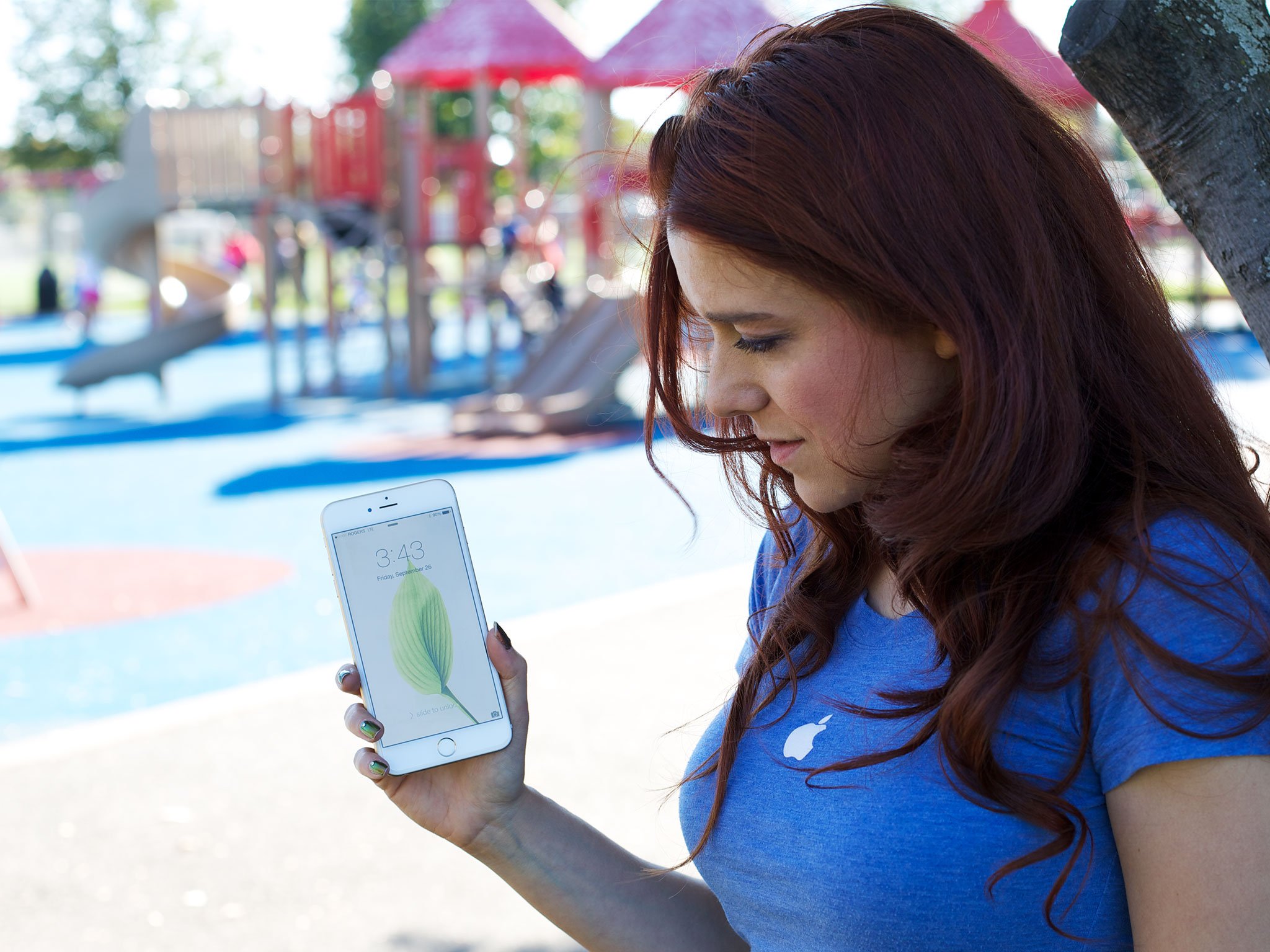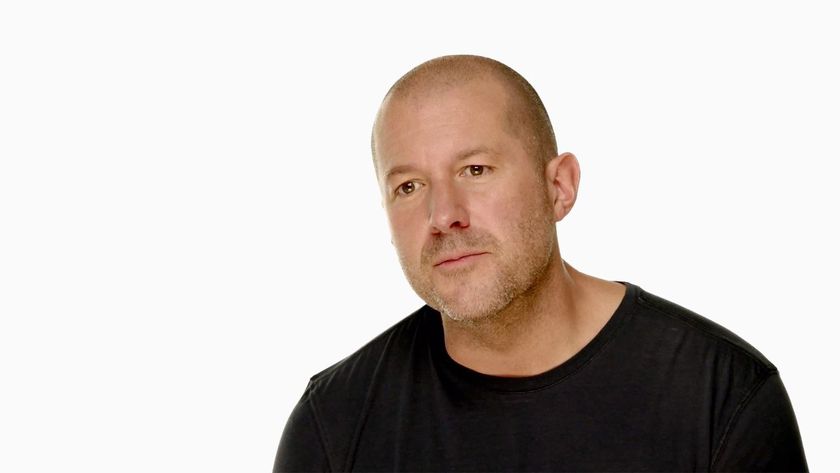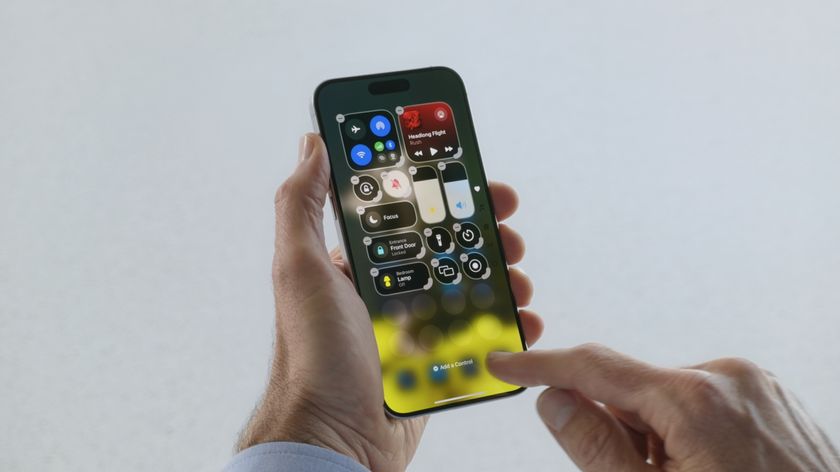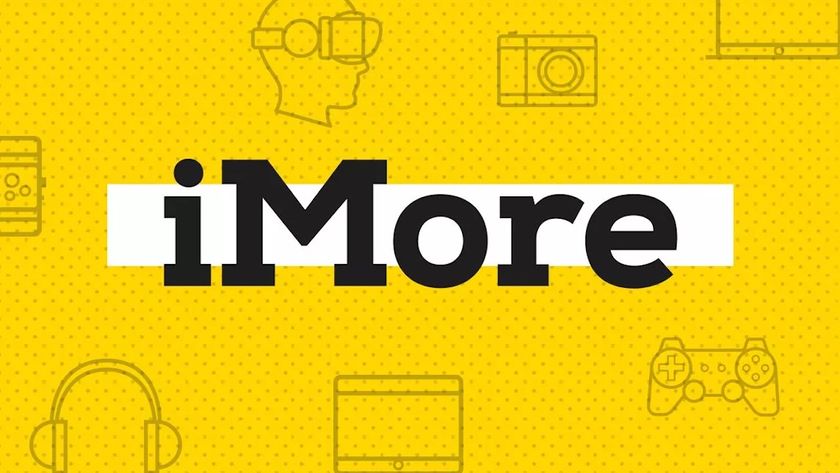Switch to iPhone: For better privacy and security

There's never been a better time to switch to iPhone. Whether you're tempted for yourself or looking to help the Android owner in your life, the all-new, all-better iPhone 6 and iPhone-6-plus make the move more compelling than ever — especially when you add the value of privacy and security.
The value of privacy
Everything has a cost. Some things cost money, and we can easily see that reflected in our bank or credit balances. Other things cost time, and we can see it tick away on the clock. When things come at the cost of our attention or our data, however, they can be harder to see, and the price can be harder to appreciate.
Who's emailing us and about what. Who's meeting us and when. What we're searching for and looking at on the web. Our location, our identity, the names and contact information of our friends and family. All of this is invaluable, yet many of us are happy to give it away to save a few dollars on a gadget or a service.
Privacy is so important we've enacted reams of laws to protect ourselves against its invasion, criminally and civilly. Yet technology has made it not only easy, but attractive to barter is away without a second thought.
Yet that's starting to change. Privacy and its true value is starting to become part of the discussion. With the iPhone, Apple has gone so far as to make privacy one of its most important features.
Apple's CEO, Tim Cook, in an open letter on privacy from Apple.com:
A few years ago, users of Internet services began to realize that when an online service is free, you're not the customer. You're the product. But at Apple, we believe a great customer experience shouldn't come at the expense of your privacy.Our business model is very straightforward: We sell great products. We don't build a profile based on your email content or web browsing habits to sell to advertisers. We don't "monetize" the information you store on your iPhone or in iCloud. And we don't read your email or your messages to get information to market to you. Our software and services are designed to make our devices better. Plain and simple.
Last week the President of the United States, Barack Obama, held a summit on Cybersecurity. Tim Cook accepted the invitation to be there, unlike the CEOs from competitors Google and Facebook . Some saw their lack of attendance as a protest. Others saw it as recognition that the very idea of privacy threatens their data-collecting business models. For Apple and Tim Cook, it was literally a "matter of life and death".
Master your iPhone in minutes
iMore offers spot-on advice and guidance from our team of experts, with decades of Apple device experience to lean on. Learn more with iMore!
If you get an iPhone and use iCloud mail, Apple doesn't scan it so they can insert ads. If you turn on Siri, Apple doesn't demand you share your web activity with them in order to use even its most basic features. If you use Apple's Health app, you get to individually control read and write permissions, per app or accessory. That way, for example, if you choose not to share your blood glucose levels with your insurance company, rather than know you're not sharing it, they don't even know it exists.
What's more, if you decide you do want to use Google services or apps, you can use many of them like YouTube and Maps without being logged in, which while not a perfect shield, does help preserve some level of privacy.
Here's what iMore reader jayzero76 shared:
I bought a gold 64GB [iPhone 5s] when it came out! Love my Mac and MacBook! Got a chance to buy a [OnePlus One] and bought one to give it a try! I like Google but when I saw the facts behind it that makes me worry about security! Just check out Google dashboard and see what Google all collected from us!
To make an absurd analogy, it's the difference between buying your dinner and walking away, and getting given a lobster dinner for free and then wondering what's expected from you after. If that sounds unnecessarily creepy, that's because it is.
In a world where Google bought and developed Android to prevent their getting cut off from data during the mobile transition, Apple positioning privacy as a feature may be brilliant marketing, but it's also incredible attractive to anyone who wants to buy a product and not be a product.
Updating security
The iPhone didn't just revolutionize the mobile phone, it revolutionized mobile security. Apple built it not only to be security-first — sandboxed and protected against the kinds of malware and viruses that plagued Windows desktops of the day — but they built it to be updatable against threats of the future as well.
From the start, Apple knew it had to take control of software updates to make sure every iPhone, on every carrier, in every country got them on time and all at the same time. That continued as the iPhone expanded, and as iCloud allowed for over-the-air updates.
Contrast that to Android where updates are at the mercy of manufacturers and carriers who have somewhere between zero to no interest in pushing out updates and patches to older devices.
Google recently received attention for failing to patch a security vulnerability in Android's WebView. Android Central:
It's easy to confuse the symptom — WebView vulnerabilities — with the root cause. The real problem isn't that Google won't update Jelly Bean's WebView, but that so many devices are still running Android 4.3 and below with little prospect of being updated, regardless of whatever action Google might take. Even if Google were to issue patches for Jelly Bean's WebView code (and Ice Cream Sandwich's, and Gingerbread's), users would still be waiting on OEMs (and carriers) to push out firmware updates, just as they're waiting on Android 4.4 today. And if the manufacturers of these devices were inclined to push out updates at all, chances are they wouldn't be stuck on Android 4.3 or earlier to begin with.
This is all absolutely true. If I was an Android customer, however, it also absolutely shouldn't be my problem. It should be taken care of by some of the most powerful companies in the world, because it would be the right thing for them to do.
With the iPhone, the the latest iOS 8.1.3 software update didn't just push out to the latest iPhone 6 and iPhone 6 Plus handsets, it pushed out to the iPhone 4s, originally released three and a half years ago in the fall of 2011.
If you'd bought an iPhone 4s on launch day, you'd now have enjoyed updates from iOS 5 to iOS 8. That includes new features like turn-by-turn navigation and extensions, bug fixes and performance enhancements, and security updates. The same time, every time.
Moreover, Apple's App Store and sandboxing model means you're protected against downloading viruses and malware, end-to-end encryption protects your communications, and the company's activation lock service makes your iPhone a far less attractive target for thieves.
Just like it's hard to put a dollar value on privacy, it's hard to put a dollar value on the peace of mind that comes from security, and from Apple delivering those updates month after month, year after year.
Time to switch!
Apple has made privacy and security table-stakes. The company has bet their reputation on respecting and safe-guarding customer data. As a customer, that's not only comforting to me, it's compelling.
It tells me that the full weight and will of one of the most powerful and focused companies in the world is bent on giving me great products rather than turning me into their greatest product.
And those are just two of the benefits of switching to iPhone.

Rene Ritchie is one of the most respected Apple analysts in the business, reaching a combined audience of over 40 million readers a month. His YouTube channel, Vector, has over 90 thousand subscribers and 14 million views and his podcasts, including Debug, have been downloaded over 20 million times. He also regularly co-hosts MacBreak Weekly for the TWiT network and co-hosted CES Live! and Talk Mobile. Based in Montreal, Rene is a former director of product marketing, web developer, and graphic designer. He's authored several books and appeared on numerous television and radio segments to discuss Apple and the technology industry. When not working, he likes to cook, grapple, and spend time with his friends and family.


